Author: Pauline Edwards
For most bacteria, a fresh supply of air is pretty much the best thing that can happen; however, for some, that is quite unbearable. Basically, they can’t stand it. They’d do anything to get rid of it. These little guys can be the key to a process so efficient that in the end will not […]
Reporting from the Special Operations Forces Industry Conference in Tampa, Danger Room got some hands-on time with a technology that…
Finding new planets is interesting an remarkable, but finding a whole new class of planets – that’s definitely something extraordinary. University of Notre Dame astronomer David Bennett described just that – a class of planets without stars or a solar system, just wandering around the galaxy all by themselves. The most likely theory is that […]
Time lapse videos seem to be really in fashion as of late, but if directors keep editing videos like the one captioned right below you won’t ever see me complain. Featured in today’s Astronomy Picture of the Day by NASA, Daniel López time-lapsed flowing clouds, a setting sun that shows numerous green flashes, the Milky […]
Sakurajima is probably the most active and dangerous volcano in Japan. Actually, one of its eruptions from back in 1914 is still attested as the the most powerful volcanic eruption in Japanese history, which at the time engulfed a whole city in ash and lava, and joined the former island with the neighboring Osumi Peninsula. […]
HIV research has been in a state of disarray, especially since the economic crisis, which put a lot of research on hold, as well as slowed down the prevention rate. However, there have been several reports of breakthroughs in this field, especially regarding a vaccine for HIV, and Bill Gates has agreed to sponsor the […]
A remarkable MIT research has found that by coating carbon nano-tubes with bee venom they can create incredibly faithful sensor detectors for explosives, such as TNT, as well as at least two different types of pesticides. The find came after MIT chemists, lead by Michael Strano, coated one-atom-thick tubes of carbon with protein fragments found […]
Bacteria and small plants at the bottom of the ocean require significant quantities of iron to survive and grow, just like us humans do. But their situation is extremely different, and they can’t just opt for an iron rich diet. So where does their iron come from ? Pyrite, or fool’s gold (as it […]
An intriguing hypothesis was brought up by Professor Bernard Carr from Queen Mary University in London and Professor Alan Coley from Canada’s Dalhousie University, who claims that some of the black holes we see today may actually be remnants of a past universe that collapsed into itself after a Big Crunch. I don’t know about […]
Shark Men: Biggest and Baddest, is a new TV show set to premier on National Geographic Channel tomorrow night, which chronicles the work of a team of scientists and professional fishermen who go after great whites in an effort to figure out where the mysterious giants breed and give birth. During one of their stints […]
Keep updated
Get the latest creative news from FooBar about art, design and business.





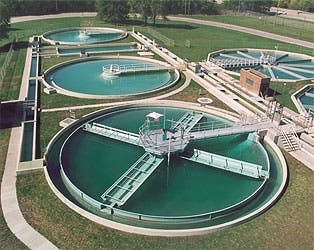
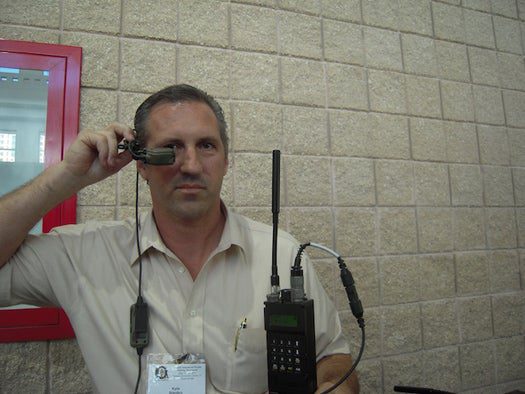
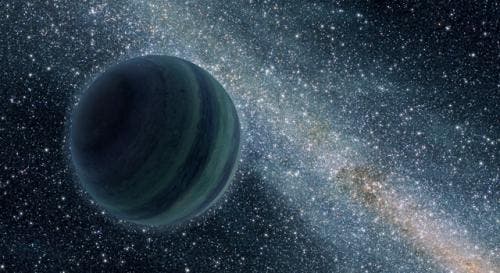
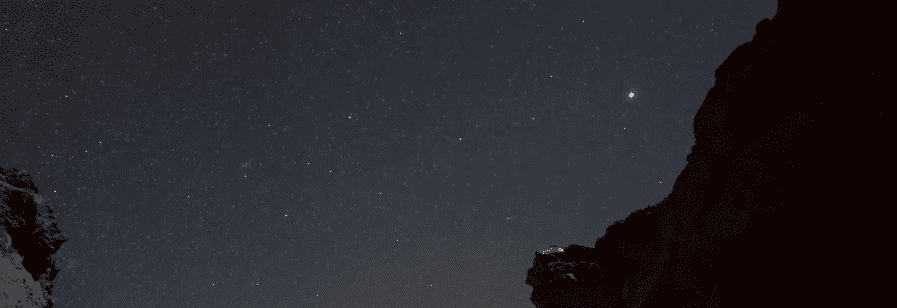
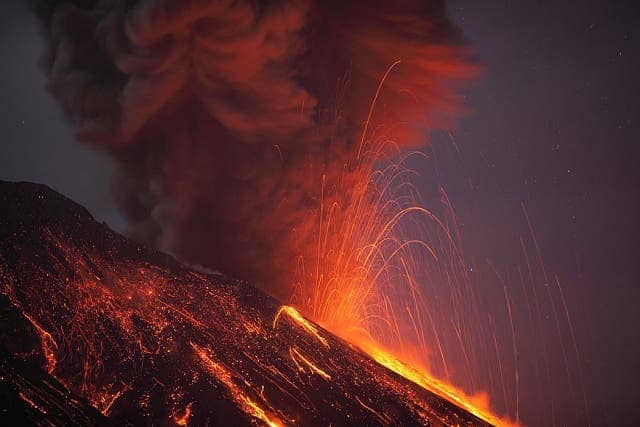
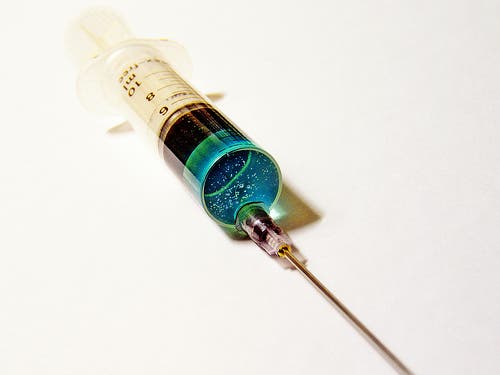
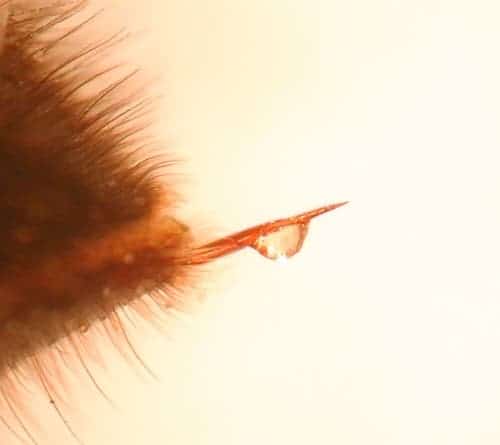
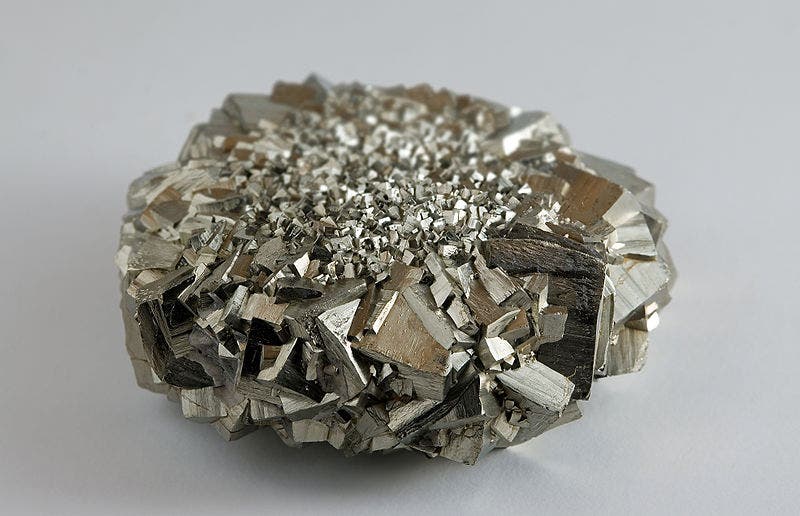
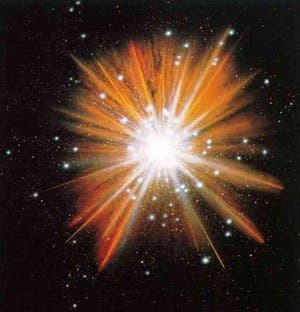
![Biggest white shark caught so far – released back in wild [PHOTO] – 201105biggest male shark caught](https://www.plazajournal.com/wp-content/uploads/2024/02/201105biggest-male-shark-caught-live_35337_600x450.jpg)